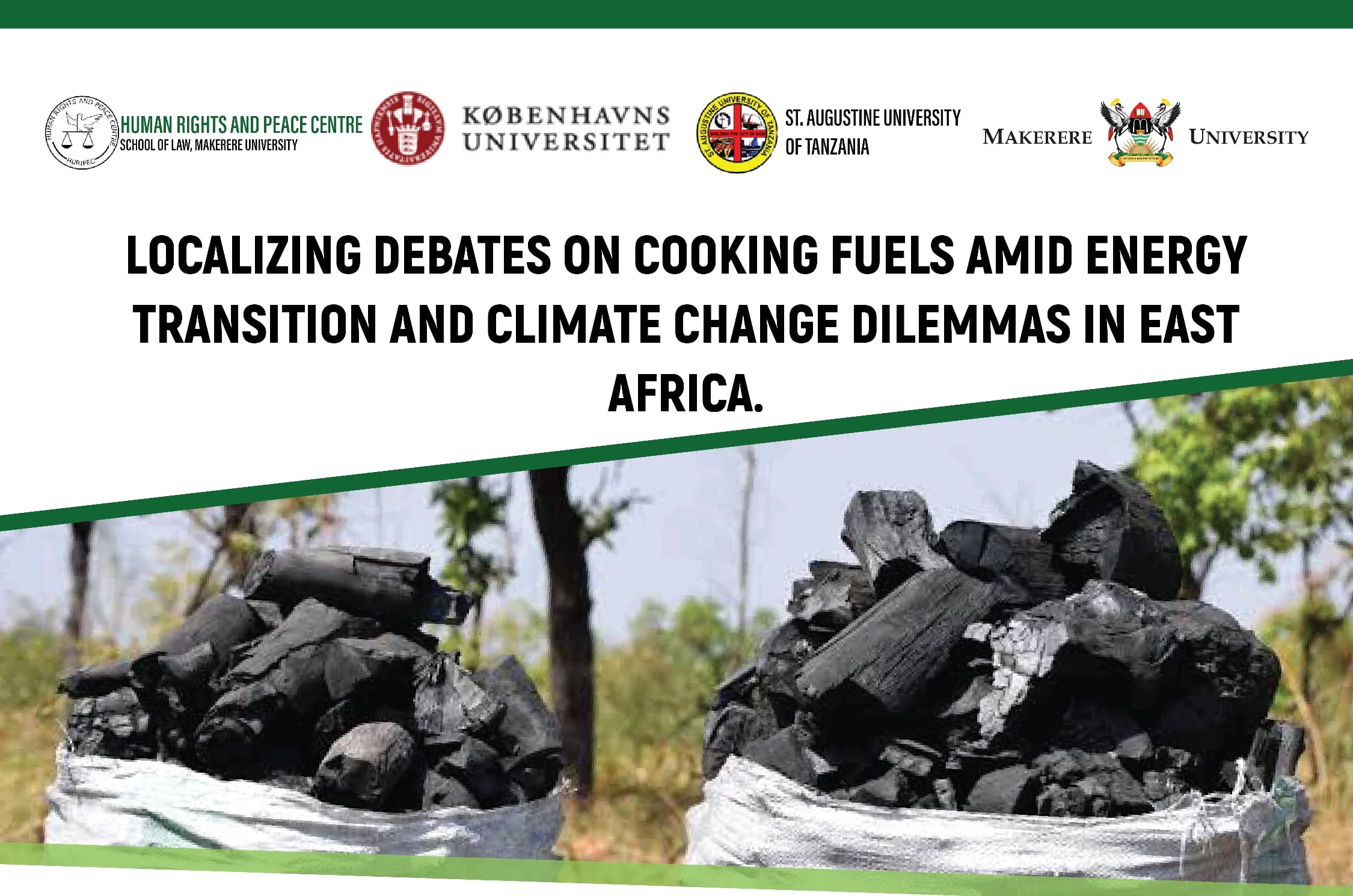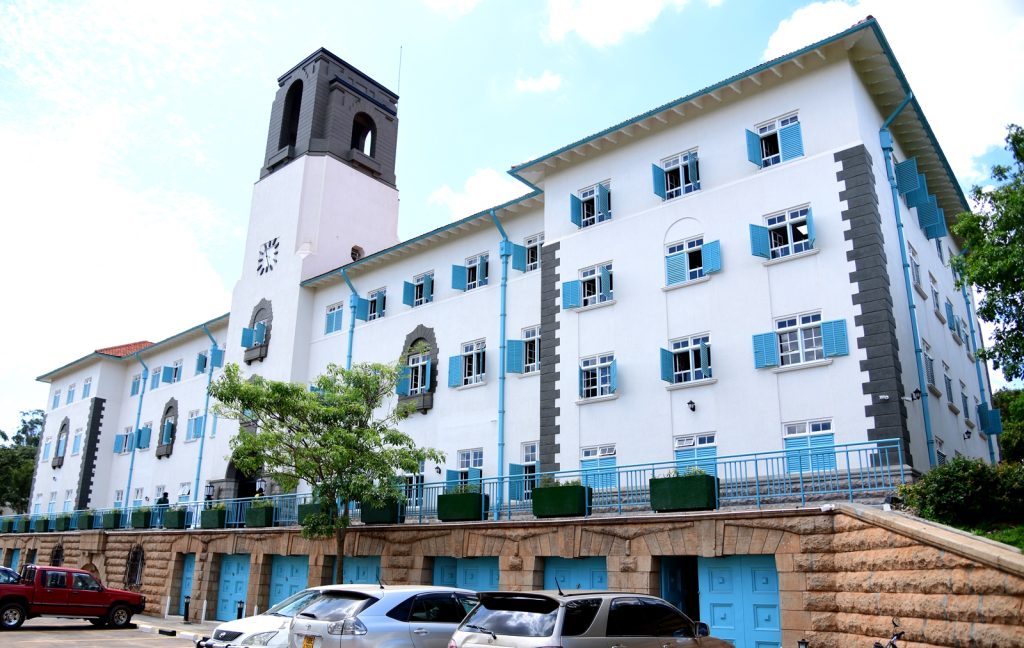HURIPEC hosts regional seminar to discuss Localising Debates on cooking fuels amid energy transition and climate change
On the 29th September 2025, the Human Rights and Peace Centre hosted a regional seminar themed “Localizing Debates on Cooking Fuels amid Energy Transition and Climate Change Dilemmas in East Africa.” The seminar was organised jointly with Københavns Universitet, Denmark, St. Augustine University of Tanzania, and funded by the Ministry of Foreign Affairs of Denmark.
Researchers participating in the seminar were from Uganda, Kenya, Tanzania, Democratic Republic of Congo and Denmark. They provided perspectives from the countries as well as a global commentary. It was agreed that it is critical for nations on the African continent to define issues affecting them using their own data than using research conducted from other parts of the globe. It was also noted that Africa shouldn’t be carried away by statements made at global level but rather localise our needs, breakdown specific constrained resources and well-defined data.
In the discussions during the seminar, the following issues were raised:
- Renewable energy is anew thing in the sub-Saharan Africa region. Companies and investors in the sector are not present in the region.
- Using the gender lens, the face of poverty are women and they are the major users of charcoal. One therefore has to ask whether the option available are accessible to women.
- The intricate relation between women, children and charcoal. In most African homes, women and children handle home chores and men who cook are considered weak.
- The options to charcoal like brickets, gas and electricity are unpopular and mainly because they are more expensive than charcoal.
- Men are the main income earners and therefore take decision on expenditures in homes (how much to spend and what to use).
- It’s best to have a gradual change from charcoal to cleaner energy sources as opposed to an outright ban. The population will require behavioural change regarding the negative environmental effects to nations, this should also align to the direction of national development agenda.
- Communities perceive cutting trees for charcoal production as a traditional right even in protected areas.
- As much as possible local solutions should be used for discussion of cooking fuels amid energy transition and climate change. In addition, research from the region should be the basis of discussions held other than using data and research from elsewhere.
- Work in silos should be avoided, creation of linkages among the research should be nurtured.
- Researchers should avoid making conclusions without valid evidence and data to support otherwise these become personal opinions.
- Geographically skewed research with limited attention given to urban areas and the context therein.
- More attention is required to regional actors like East African Community, African Union.
- Priority should be given to technology driven solutions and incentives provided.
- Consider justice and equity and the social implications aligned to the proposed changes.
In conclusion of the seminar, it was highlighted that transition from charcoal is essential to decarbonisation and climate change. However, the position of charcoal as a cultural issue should be well understood. In addition, transition is not a one size fits all because communities have unique challenges.
The community coping mechanisms have to be better understood dependant on financial issues, low awareness, cultural beliefs and availability of government subsidies. A balance between climate action, social stability and economic development is required; it was noted that climate policy interventions seek to cut emissions and protect forests but there is a clash with realities in the community.



